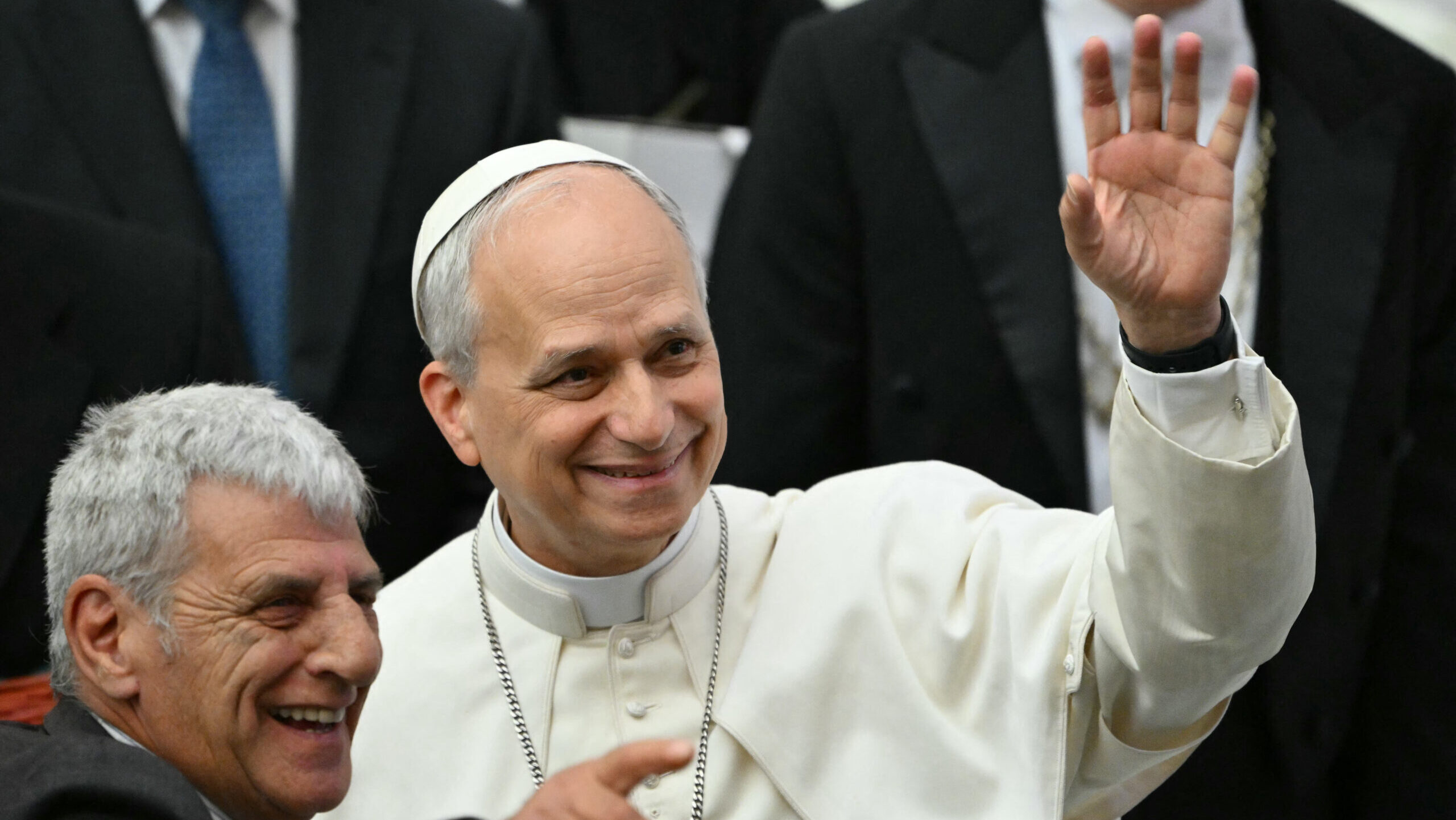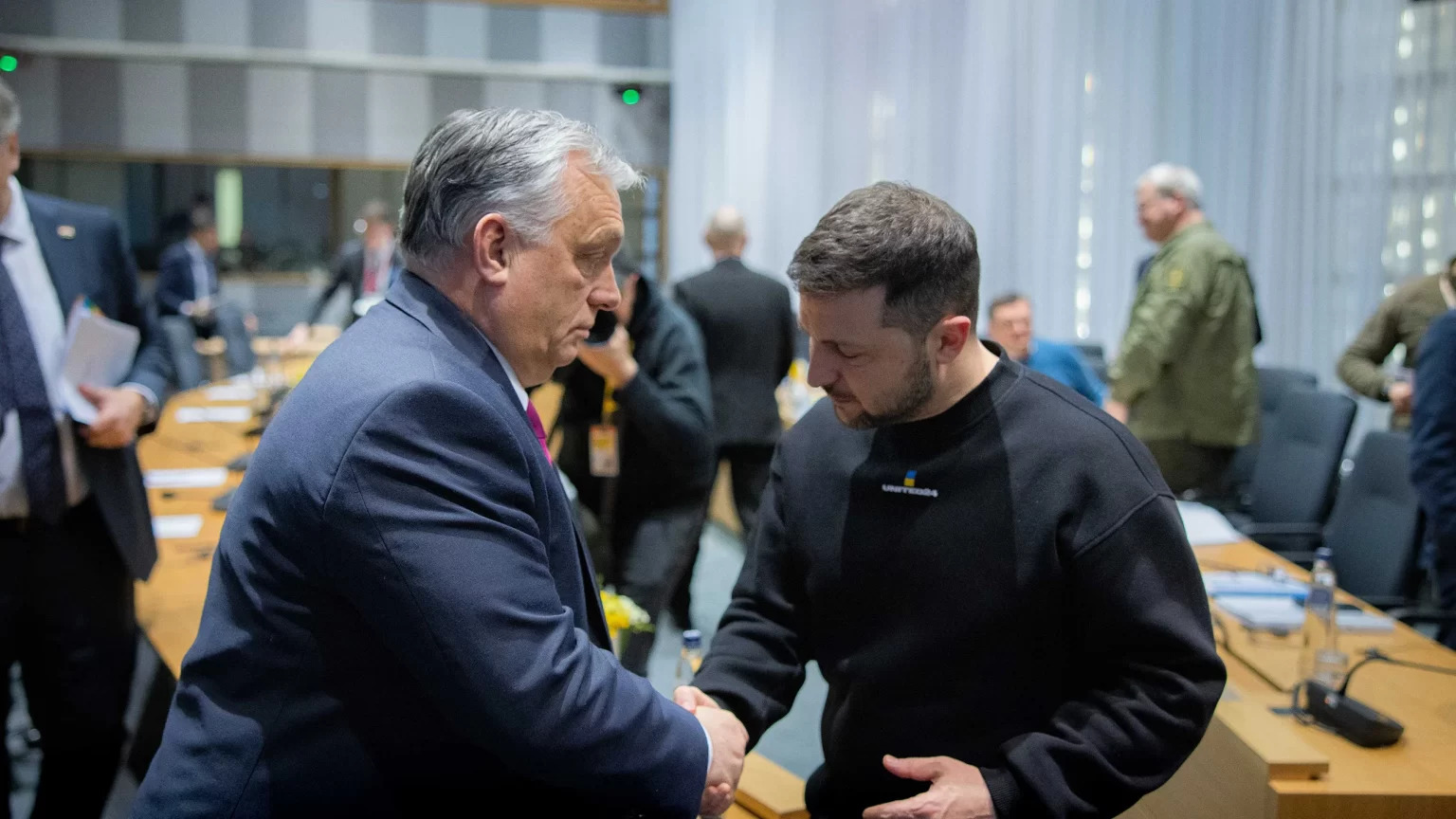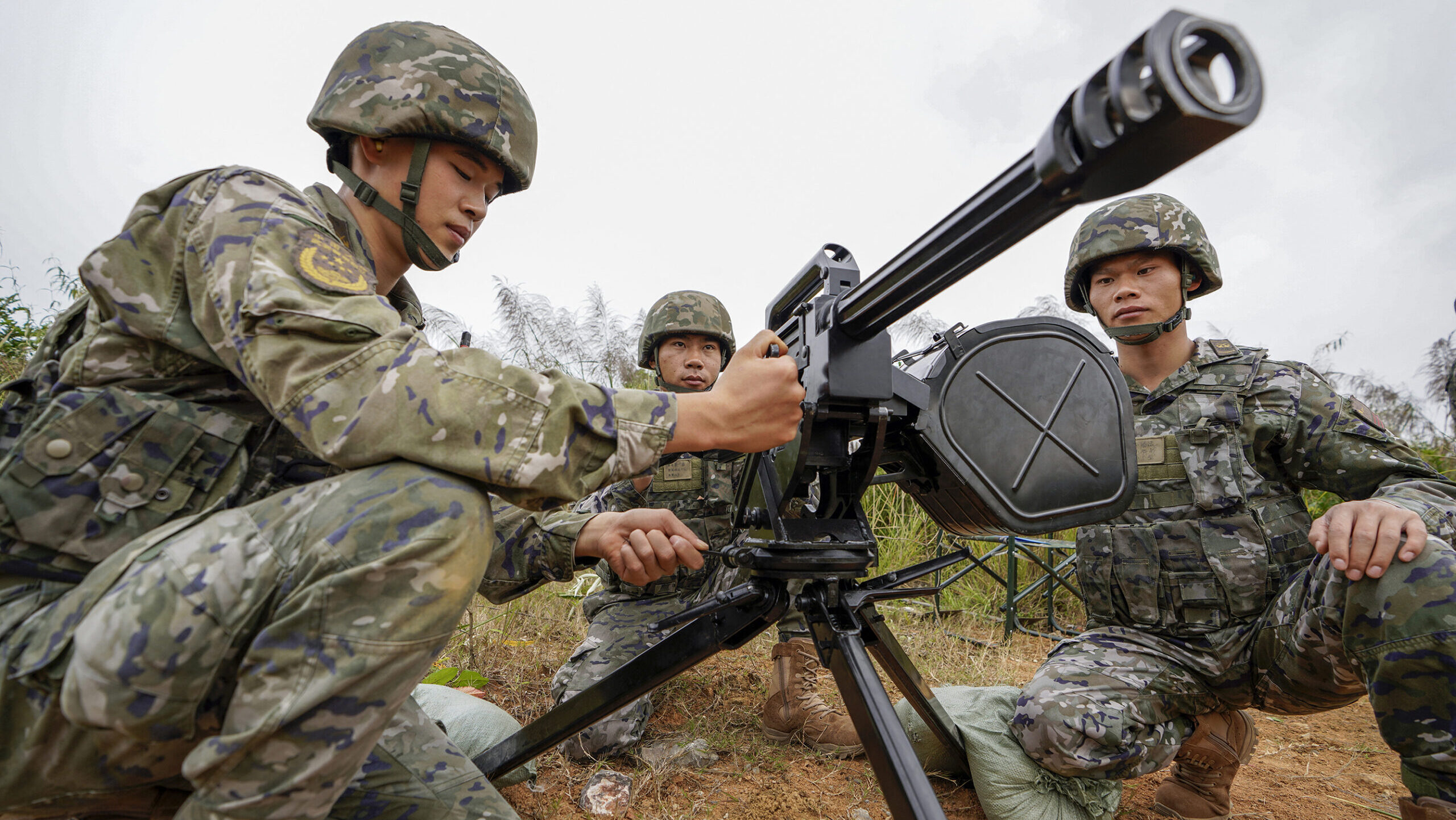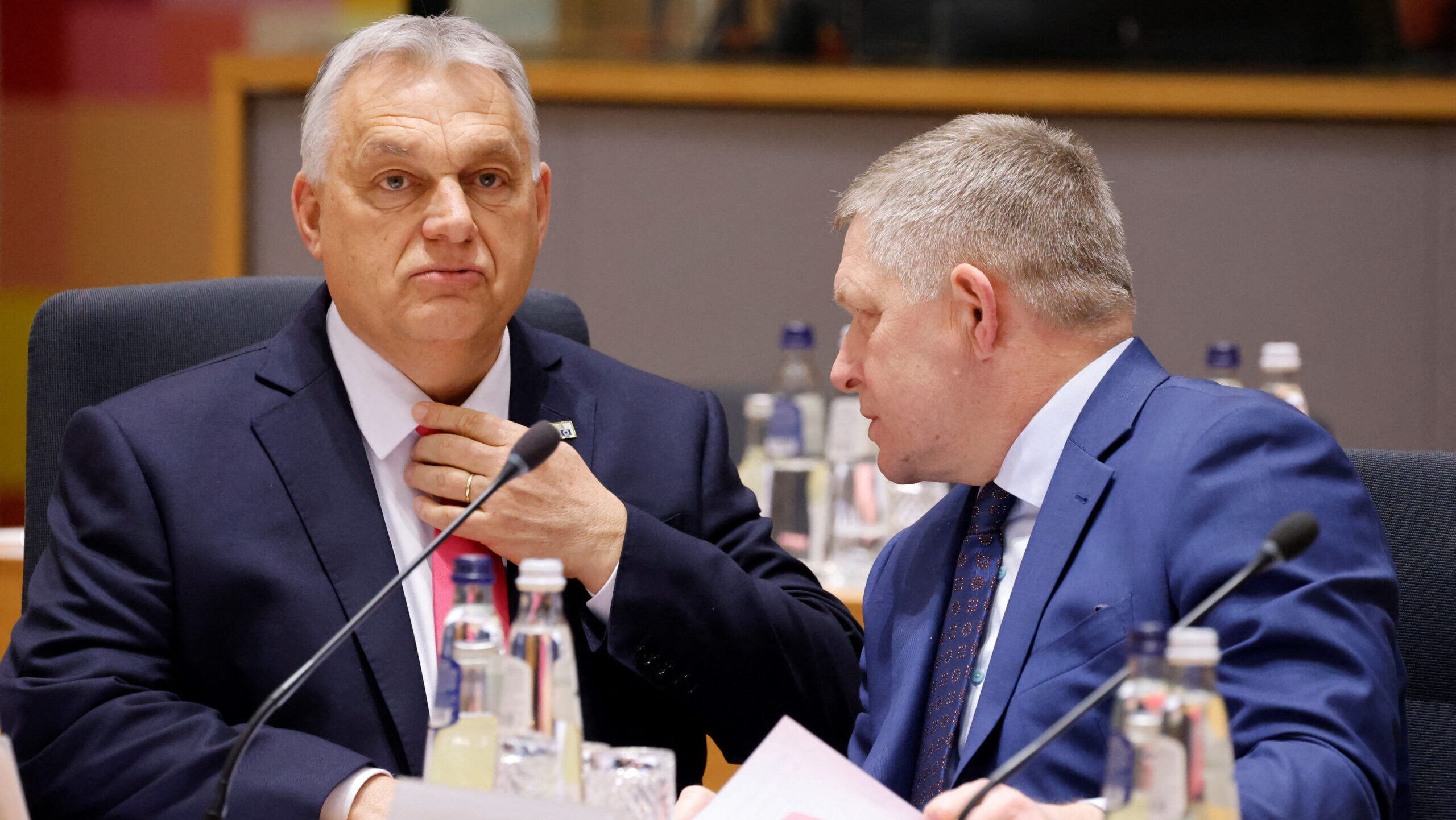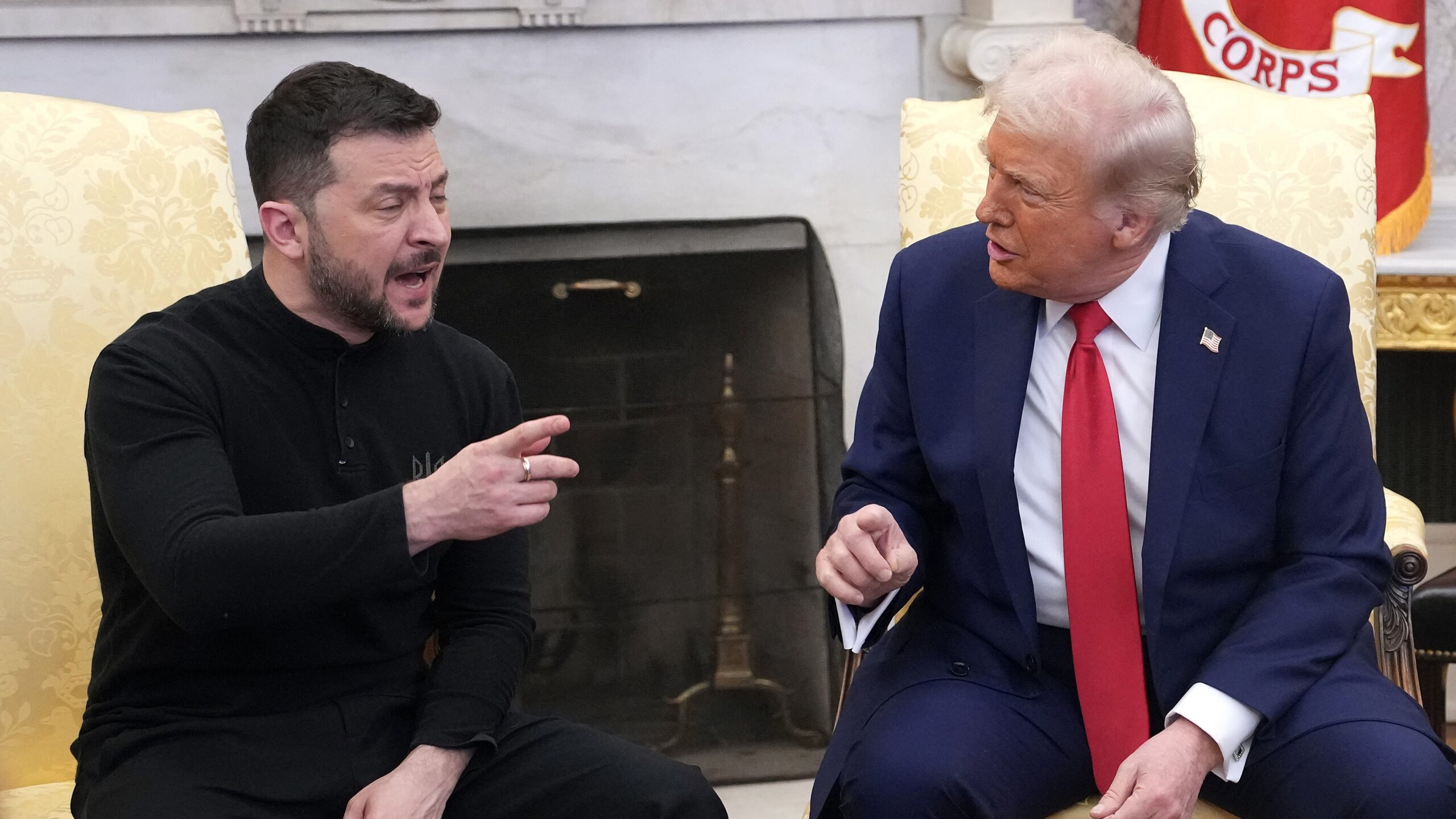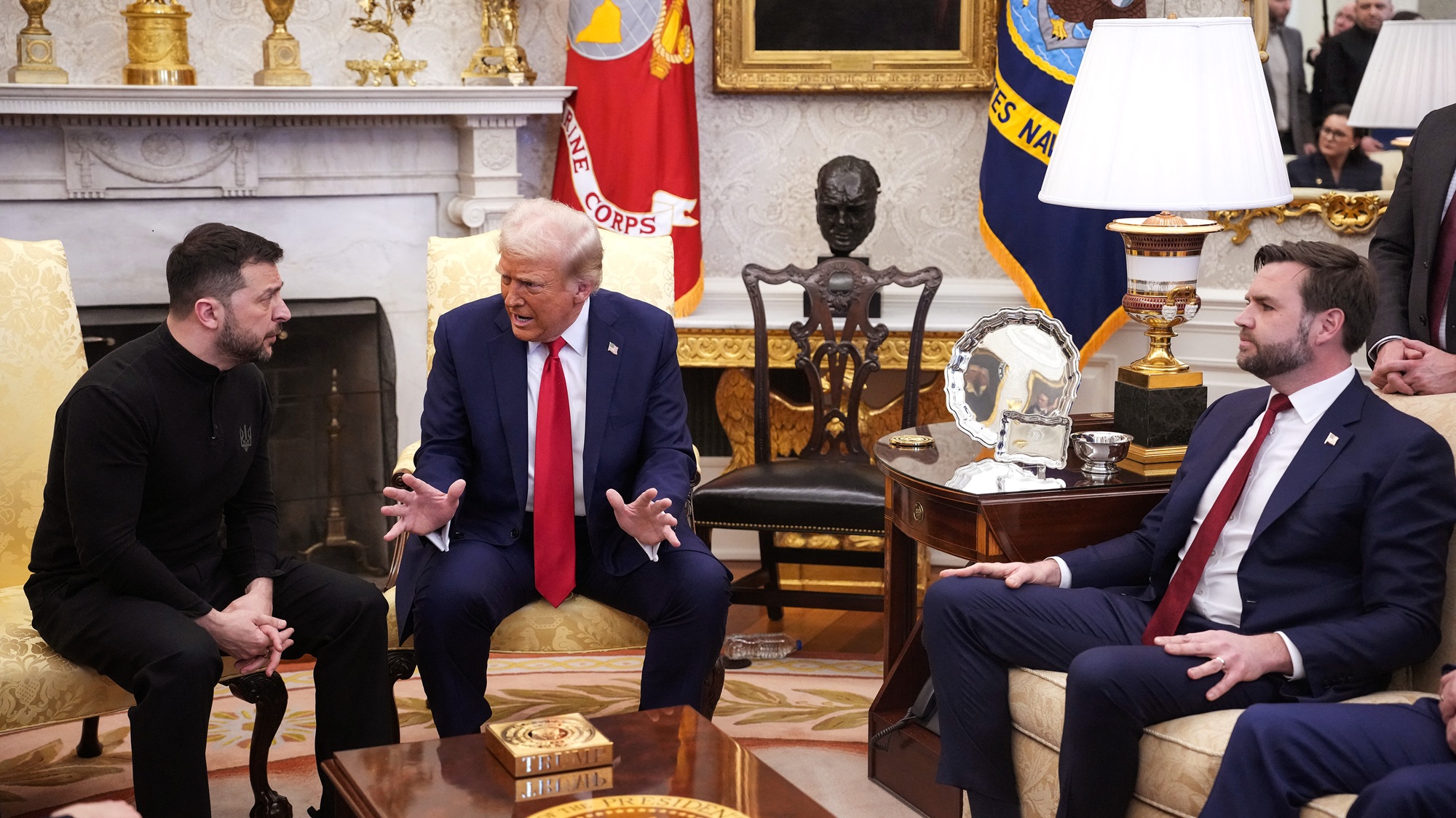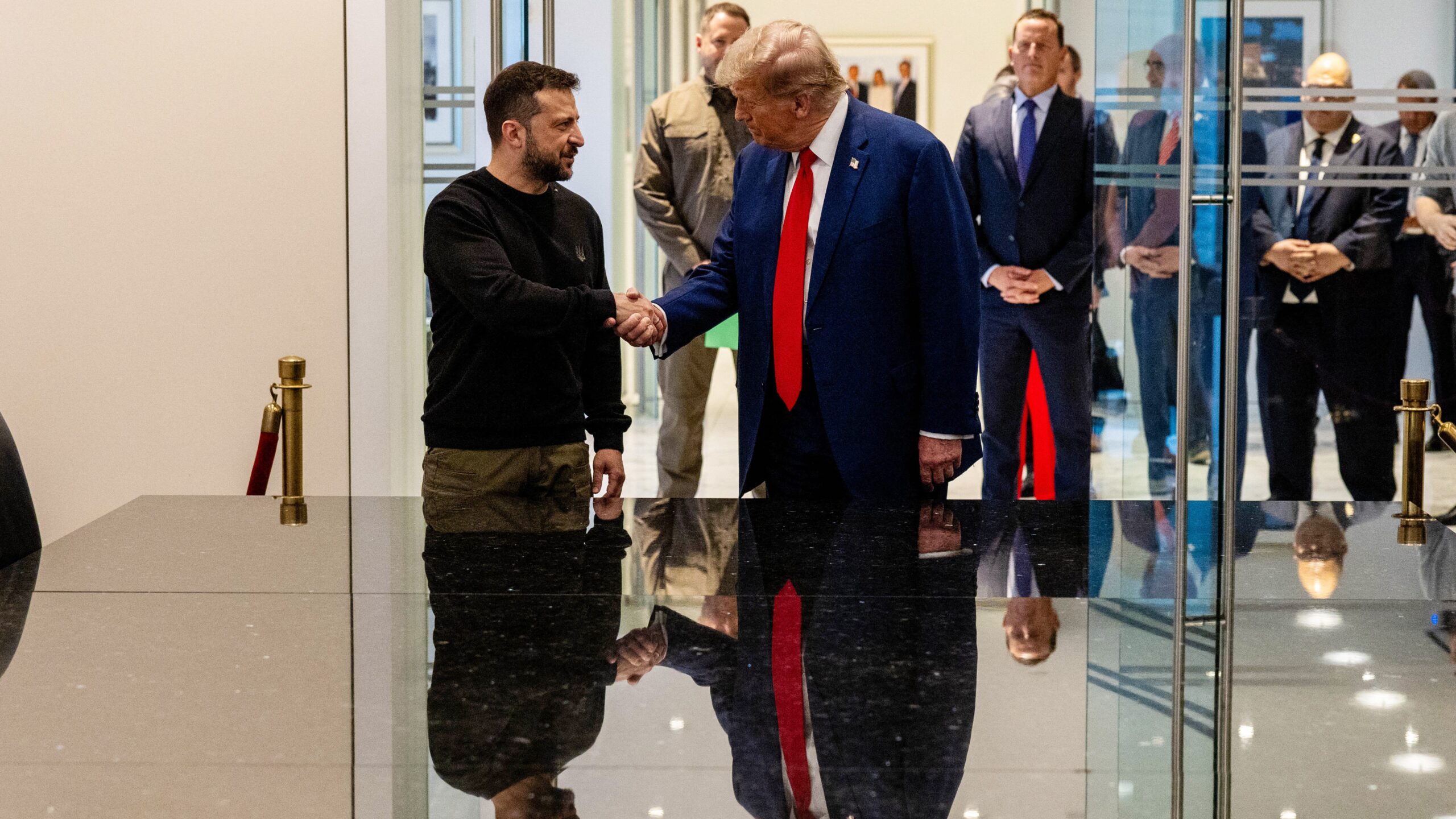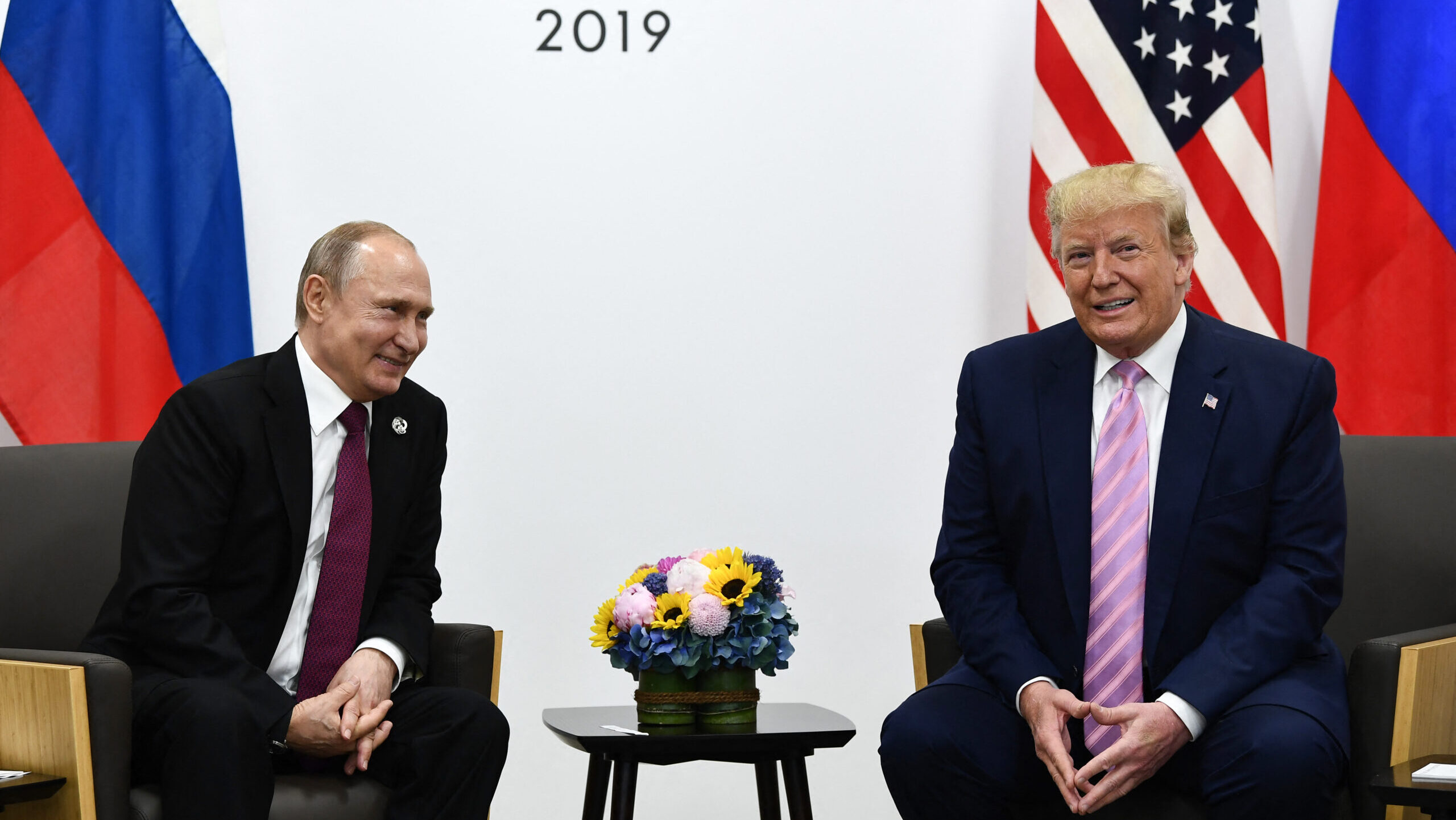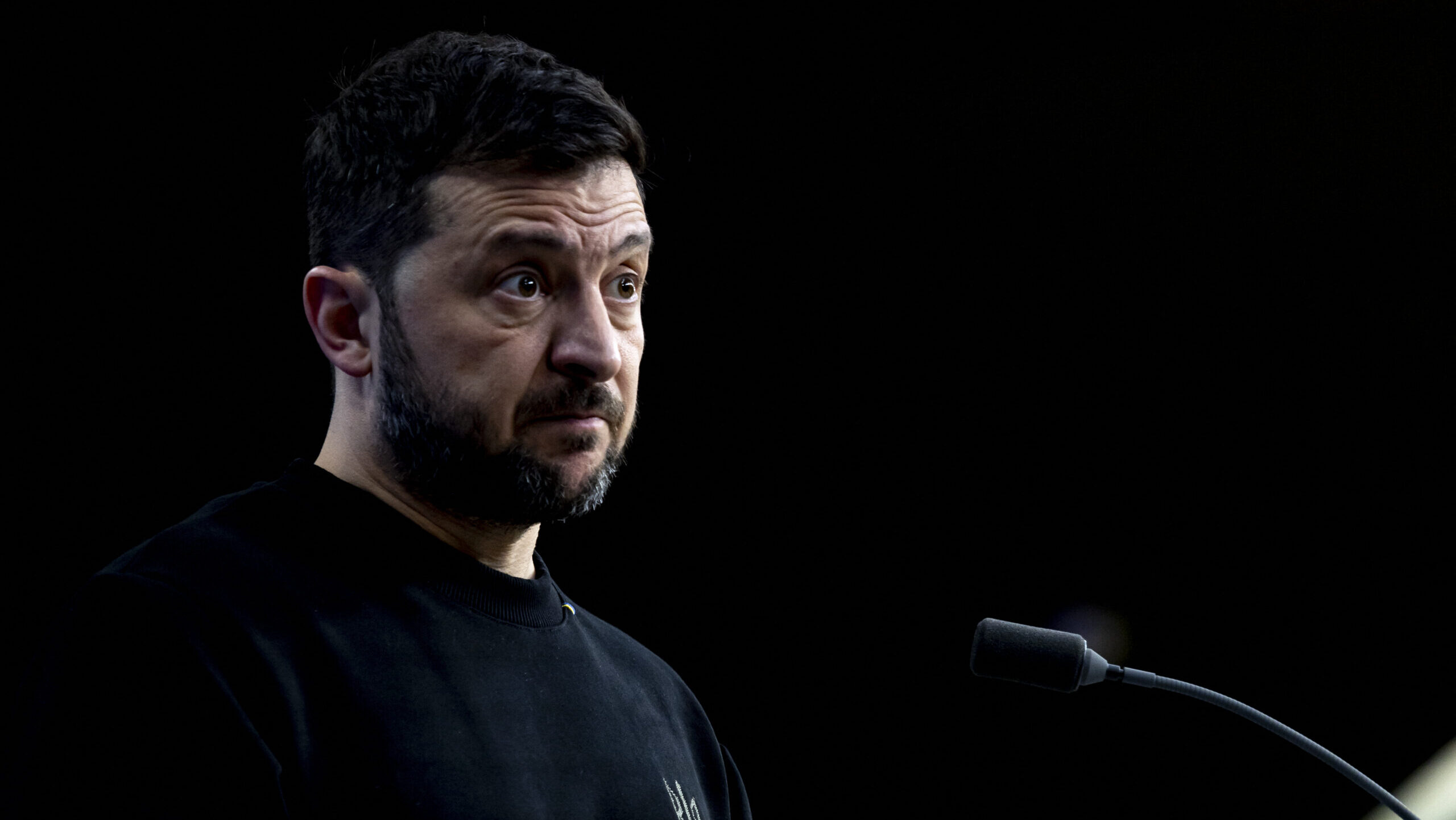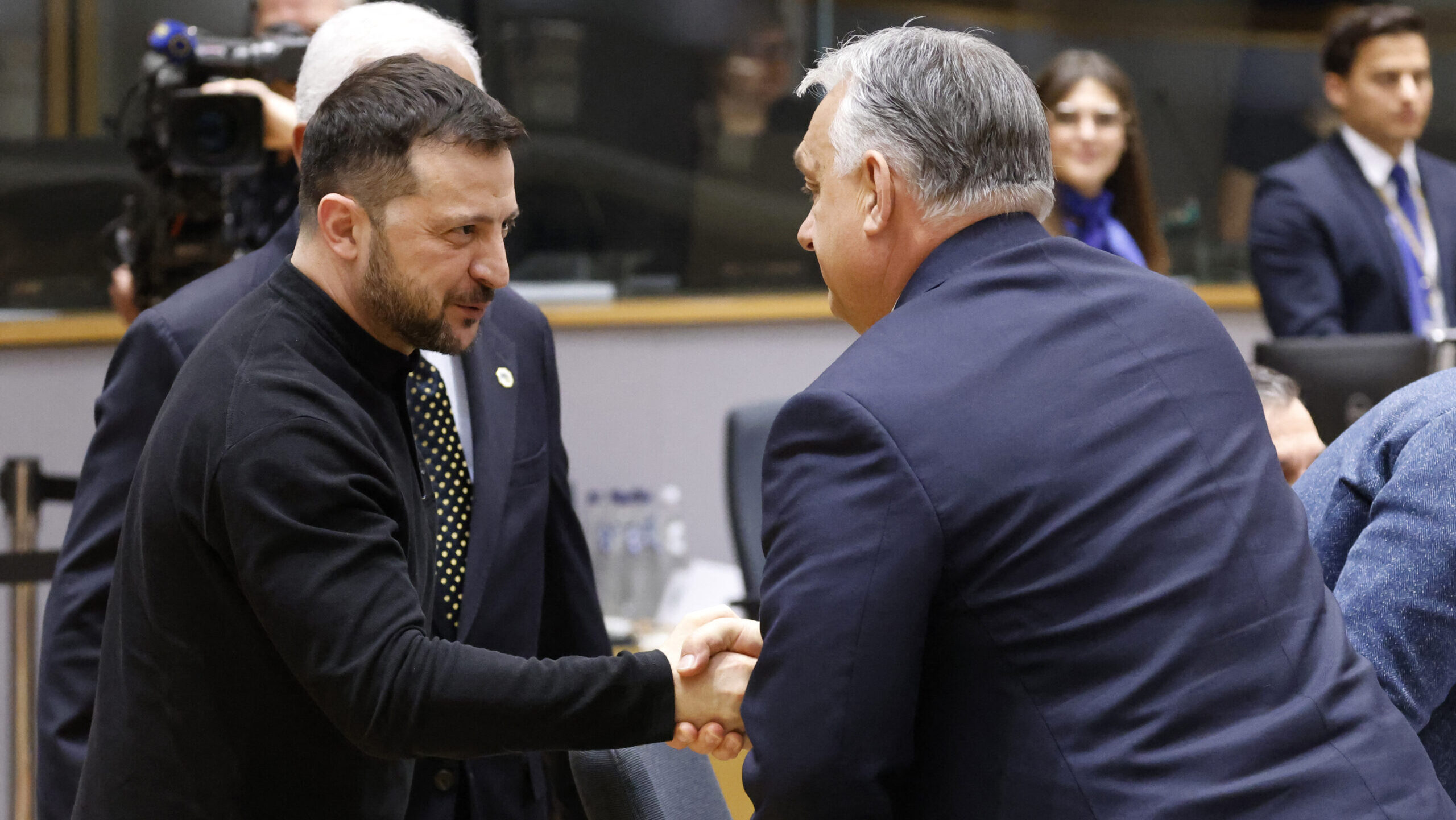
Orbán, Zelenskyy Clash at NATO Summit over Ukraine’s EU Accession
Ukrainian President Volodymyr Zelenskyy and Hungarian Prime Minister Viktor Orbán clashed during the annual NATO summit in The Hague over Ukraine’s bid to join the European Union. While Zelenskyy argued that it is unfair for a single member state to block Ukraine’s EU aspirations, Orbán responded that it is equally unfair to risk dragging the Union into a direct conflict with Russia.

